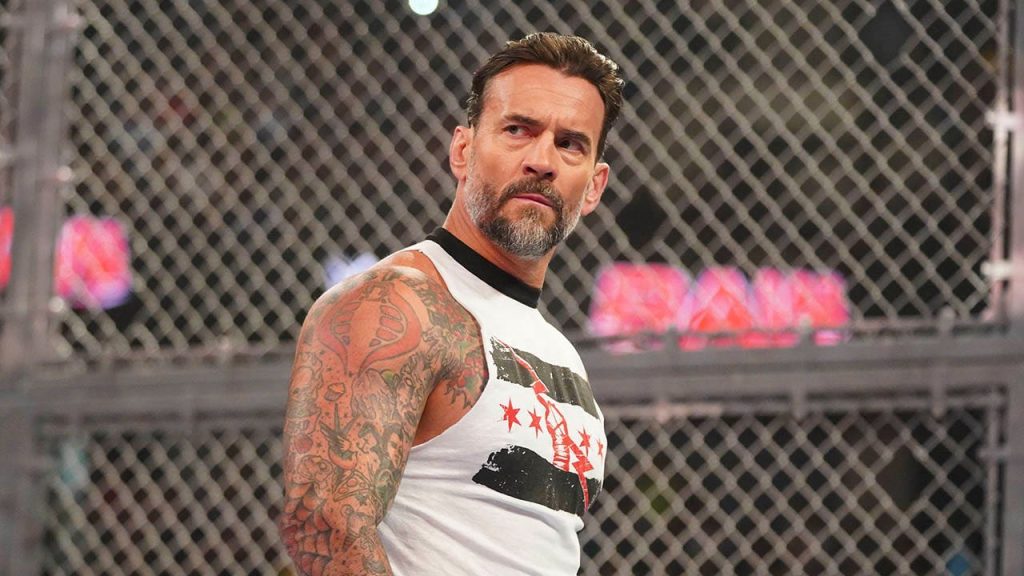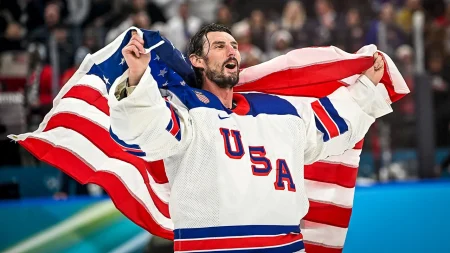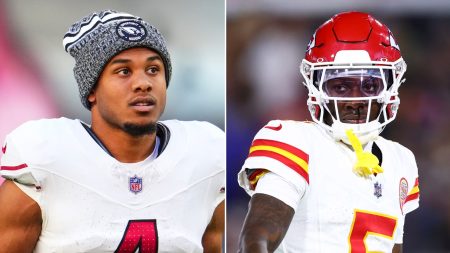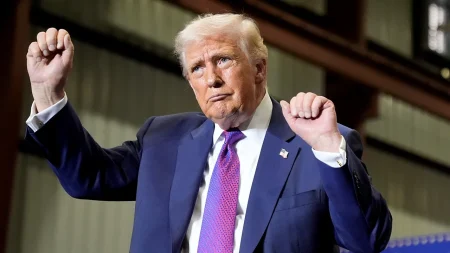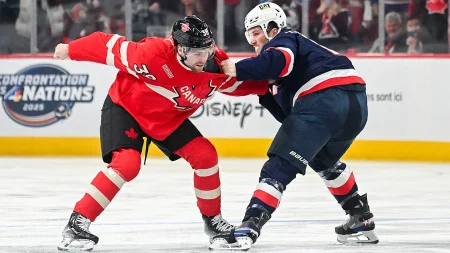The Frustration of a Chicago Sports Fan: CM Punk’s Lament for the Bears
Phillip Brooks, known to wrestling fans as CM Punk, epitomizes the disillusionment and frustration that has gripped Chicago Bears fans for decades. During a Christmas Day appearance on Netflix’s NFL coverage, Punk didn’t mince words, laying the blame for the Bears’ perpetual struggles squarely at the feet of the McCaskey family, the team’s owners since inheriting the franchise from founder George Halas. His blunt assessment, "Nothing’s going to change until the McCaskeys sell the team," resonated with a fanbase weary of mediocrity and false promises. Punk’s outburst reflects a broader sentiment among Chicago sports enthusiasts: a deep-seated yearning for a return to the glory days, coupled with a simmering resentment towards an ownership group perceived as complacent and out of touch.
Punk’s critique goes beyond mere dissatisfaction with the current state of the team; it delves into the historical missteps that have defined the Bears’ recent history. He specifically cited the ill-fated decision to draft Mitch Trubisky over Patrick Mahomes in the 2017 NFL Draft as a prime example of the franchise’s flawed decision-making. Trubisky, while statistically respectable, ultimately failed to live up to the expectations of a second overall pick, while Mahomes blossomed into a generational talent, leading the Kansas City Chiefs to Super Bowl victories. This agonizing "what if" scenario continues to haunt Bears fans, serving as a constant reminder of a missed opportunity that could have dramatically altered the trajectory of the franchise.
The current season, with rookie quarterback Caleb Williams at the helm, has offered little solace for long-suffering Bears fans. Williams, drafted first overall after the Bears traded away the previous year’s top pick, has endured a challenging rookie campaign, marked by inconsistency and growing pains. The team’s dismal 4-11 record and the mid-season firing of coach Matt Eberflus further underscore the pervasive sense of dysfunction that has enveloped the organization. For Punk, these struggles are not isolated incidents but rather symptoms of a deeper malaise rooted in the ownership’s perceived inability to build a consistently competitive team.
Punk’s outburst, while passionate and perhaps undiplomatic, encapsulates the despair felt by many Chicago sports fans. He identifies with the collective disappointment, emphasizing his own status as a "Chicago sports fan" to underscore the shared experience of enduring years of unfulfilled potential. His declaration that "it doesn’t get any lower than that right now" reflects the profound sense of disillusionment that has permeated the fanbase. The Bears, once a symbol of Chicago’s sporting pride, have become a source of frustration and embarrassment, a stark contrast to the city’s other professional franchises.
The McCaskey family’s ownership has become a lightning rod for criticism, with many fans attributing the Bears’ struggles to a lack of vision and a reluctance to embrace modern approaches to team building. Punk’s call for the McCaskeys to sell the team echoes the sentiments of a growing contingent of fans who believe a change in ownership is the only way to revitalize the franchise. This sentiment reflects a broader trend in professional sports, where fan frustration with perceived mismanagement often manifests in calls for ownership changes.
Punk’s comments, delivered with raw emotion and unfiltered honesty, have resonated with a fanbase yearning for change. His words, however controversial, have ignited a conversation about the future of the Chicago Bears and the role of ownership in shaping the team’s destiny. While his outburst may not immediately alter the Bears’ fortunes, it serves as a potent reminder of the deep-seated frustration that permeates the fanbase and the urgent need for a new direction. The question remains: will the McCaskey family heed the growing calls for change, or will the Bears continue to languish in mediocrity, leaving fans like CM Punk to lament the lost potential of a once-proud franchise?





